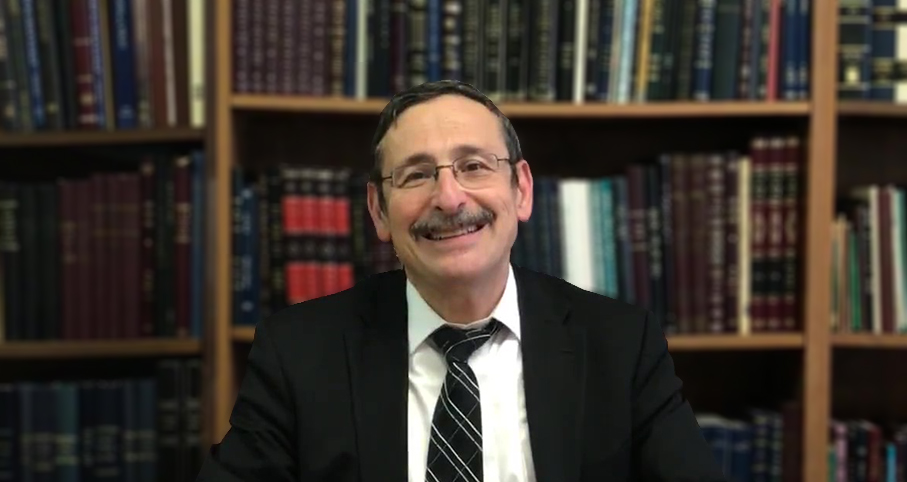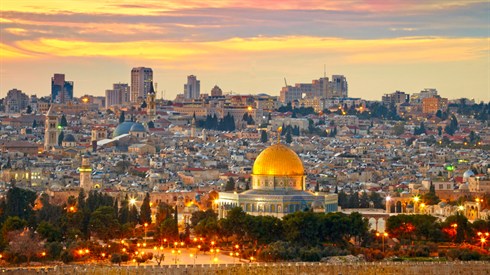63
Answer: After discussing the halacha in general, we will examine if and how it can be different for a rabbi.
The gemara (Berachot 14a) forbids greeting someone with "Shalom" before Shacharit. It then asks from the mishna which allows, at times, greeting someone even during Kri’at Shema and its berachot. The gemara answers that the problem is when you go specially to his place to greet; if one chances upon him, it is permitted (see Rashi, ad loc.). The Shulchan Aruch (Orach Chayim 89:2) describes the case of not going out of his way as one in which he went to see to something that needed attention, and in the course of going there, greeted his friend.
The Shulchan Aruch (ibid.) cites room for leniency once one has recited Birchot Hashachar. While most Acharonim severely limit this leniency (see Taz ad loc. 2), Ishei Yisrael cites some who are lenient to greet without saying "Shalom" after Birchot Hashachar.
The Magen Avraham (89:7, accepted by the Mishna Berura 89:12) says that once one has cause to be near his friend’s house, he may continue on to his house to greet him. A few Acharonim (including the Pri Megadim (89, Eshel Avraham 7), accepted by the Mishna Berura (89:9)) say that it is forbidden to go from his place in shul to his friend’s place. Why don’t these two rulings contradict each other? Is it permitted to go several feet out of one’s way for this purpose or not? I believe the following distinction explains the matter. If one legitimately went quite a distance to the point that he is near his friend’s house, going a few more feet to greet him is "called for" and permitted. If one is in shul and the natural thing is for him to daven, going over to someone else first is inappropriate. Therefore, one should not leave his place in shul or detour noticeably on his way there (Piskei Teshuvot 89:150 is lenient on detouring).
However, there are several arguments to allow you, the shul’s rav, to greet someone when you think it will be meaningful. One is need based. The Mishna Berura (89:10) says that one may greet a violent person before Shacharit to avoid enmity. On the other hand, he does not permit this for every legitimate need; he writes there that one should not go to greet his father or rebbe. Perhaps the distinction is that normally, these important people do not need or want one’s greeting specifically before davening. In contrast, if someone will be affected positively by the rabbi’s approaching him right away, this is likely sufficient need. Furthermore, if the problem is to not see to your needs first but to your relationship with Hashem, then your greeting to another Jew to further his relationship with Hashem should be permitted.
Additionally, the Eshel Avraham (Butchatch) suggests that it is only problematic to go greet someone in his place, but it is fine in a public place like a shul. Although most poskim reject this idea, a similar idea may be more widely acceptable. Part of the job of many rabbis is to deal with issues and help matters run nicely throughout the shul. Therefore, one can look at such a rabbi’s "domain" as throughout the shul, so that he is never really leaving his domain whenever he greets someone within the shul. Thus, there are ample halachic grounds to allow you greet and especially enquire if you can be helpful. It is certainly worthwhile, especially since it is easy, to first recite Birchot Hashachar and to avoid using "Shalom (Aleichem)."
This being said, a rabbi should consider carefully not only the positive but also the negative impact of potentially appearing talkative before (and/or during) davening. Others with less noble intentions might follow his lead, and it becomes harder to preach quiet. You are best equipped to make the local determination and find the right balance.
Redemption From Egypt to Redemption Today
Rabbi Berel Wein | Tevet 20 5782

Joseph and the Four Cups of Wine
Rabbi Howard Joseph | Nisan 5763







